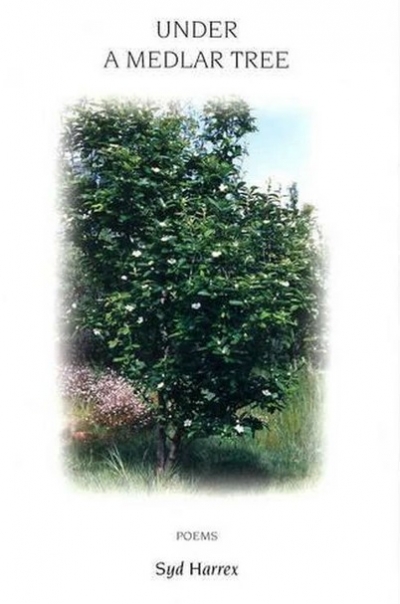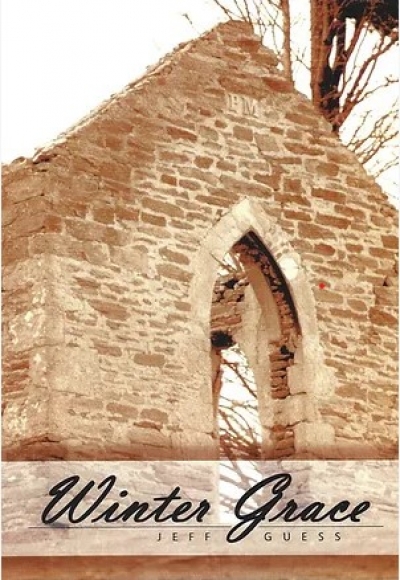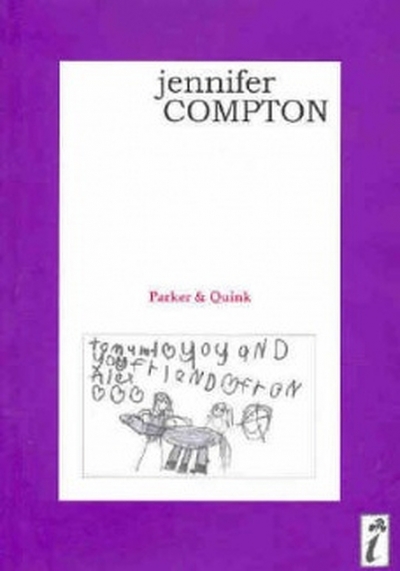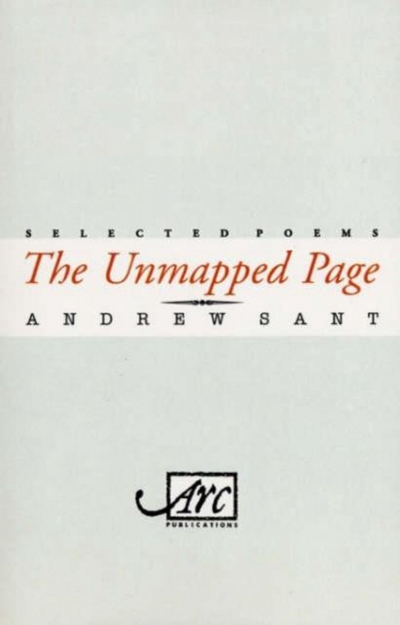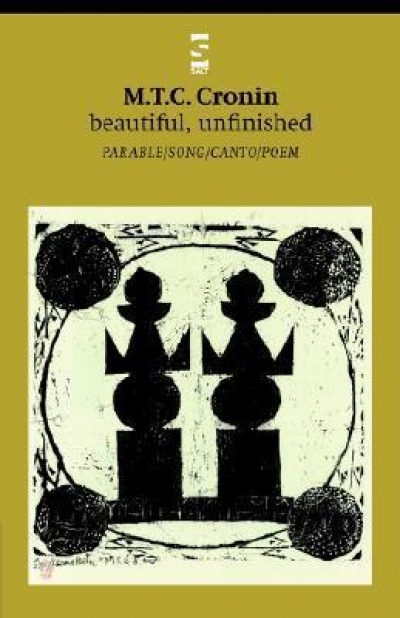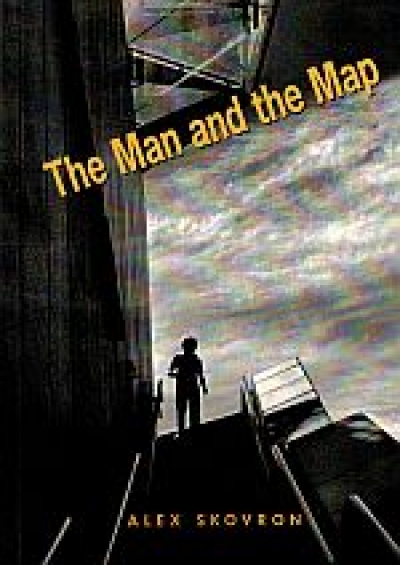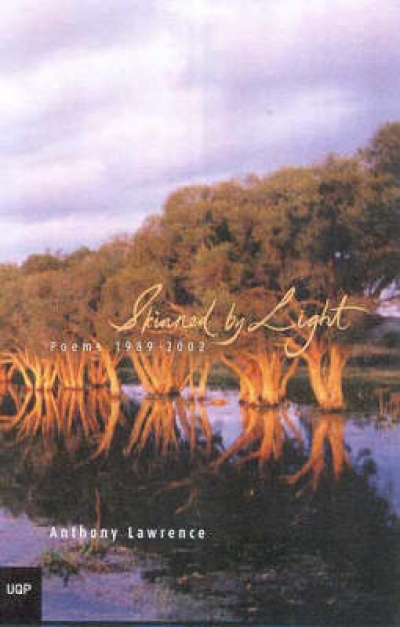For some reason, I have always been mildly resistant to the poetry of Andrew Sant. It is hard to know why. At its best, it is thoughtful, sensitive and intelligent. You get a sense of the poet poised with antennae aquiver for the vibrations of an invisible world. A poem from The Flower Industry (1985) describes a radio receiver ‘selecting a loose vibration from the taut air / and threading it through the wired network’ and concludes with an image of the poet travelling ‘in a car at high speed where the mind / is a curious receiver, exposed, intent / on that which is always about to be revealed’. As a poet, he is sensitive to what is often just out of sight or out of consciousness. His best book, Brushing the Dark (1989), contains a poem about the work of an early Hobart photographer but moves on, characteristically, to speculate on ‘what he missed or narrowly missed’: a man with his back to the camera, almost out of the frame. Here the camera, another black box, acts as a receiver. Another poem, also about a photograph, speaks of wanting ‘the energy behind the shimmering gleam of appearances’.
...
(read more)

